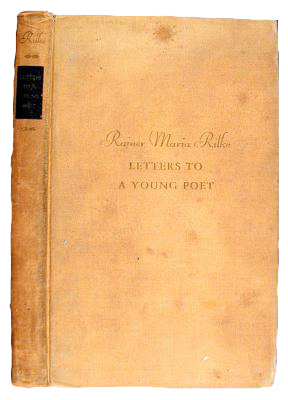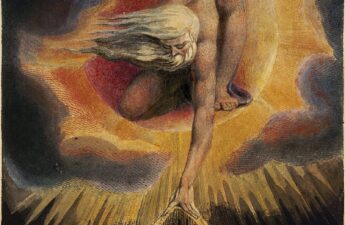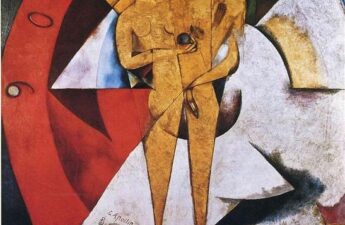“If only it were possible for us to see farther than our knowledge reaches, and even a little beyond the outworks of our presentiment, perhaps we would bear our sadness with greater trust than we have in our joys.”
Rainer Maria Rilke, 1904, Letter 8
In late 1902, a 19-year-old officer cadet lay reading the poetry of Rainer Maria Rilke, in Theresian Military Academy.
To his surprise, he found out that Rilke himself used to attend military education, but did not complete it. The young cadet was himself conflicted between pursuing a career in writing or a career in the military. He thought he would write to Rilke and ask him to critique his poetry and for advice with his dilemma. In February, 1903, he received a letter back. Their correspondence quickly moved past critiquing poetry, and continued back and forth until 1908. A few years after Rilke’s death in 1926, his correspondent, Franz Xaver Kappus, complied and published 10 of his letters in a collection called ‘Letters to a Young Poet’.

Letter No. 8
“Why do you want to shut out of your life any uneasiness, any misery, any depression, since after all you don’t know what work these conditions are doing inside you?”
Rilke, 1904, Letter 8
Presumably upon receiving some word from Kappus on the topic, Rilke addresses sadness.
Rilke urges the young man to look again at his sufferings. Instead of thinking of them as painful moments that pass by us, Rilke thought it more accurate to believe that they pass right through us. Rilke believed that sadness has a transformative quality- that it is in these times of sadness that change occurs. He thought that sadness was perhaps in its essence, a state of tension. Moments of development, where we get lost in transition, threading on unfamiliar ground with nothing to hold onto. We experience the sadness of being spun into unknown territory, but then it passes. Most of the time, as far as we can tell, we were sad and now we are not- we have returned to how we were beforehand. Rilke believed that a change does occur, and that we return to comfort when the change becomes part of us. We are not the same as we were before.
“We could easily be made to believe that nothing happened, and yet we have changed, as a house that a guest has entered changes.”
Rilke, 1904, Letter 8

Rilke emphasised the importance of solitude and awareness in times of sadness.
The changes that happen are on the inside. If we follow them attentively, we will see how they manifest, shaping what will become our future. Our fate is not something that happens to us, but something that starts within us and transpires outside of us. If we take the time to endure the sadness and pay it attention, we become acquainted with the changes within us. Own these changes and we will never be surprised by our fate, we will have seen each stepping stone that led us there. We will be connected with exactly who we are and know who we are going to be. The most fundamental shards that make up our fate, reside within us first.
“…the future enters us in this way in order to be transformed in us, long before it happens.”
Rilke, 1904, Letter 8
In short, Rilke believed that most of our sadness is from the tension that comes with change.
We experience discomfort and disharmony when we exist in-between states. However, if this sadness means change, we should not avoid it or ignore it. In fighting to avoid all sadness, we are avoiding change. By ignoring it, we will be strangers with who we are becoming. Sadness passes and we emerge different people with each experience. If we pay attention to the changes, we will not meet with our fate as strangers.
“So you mustn’t be frightened, dear Mr.Kappus, if a sadness rises in front of you, larger than any you have ever seen; if an anxiety, like light and cloud-shadows, moves over your hands and over everything you do. You must realize that something is happening to you, that life has not forgotten you, that it holds you in its hand and will not let you fall.”
Rilke, 1904, Letter 8




